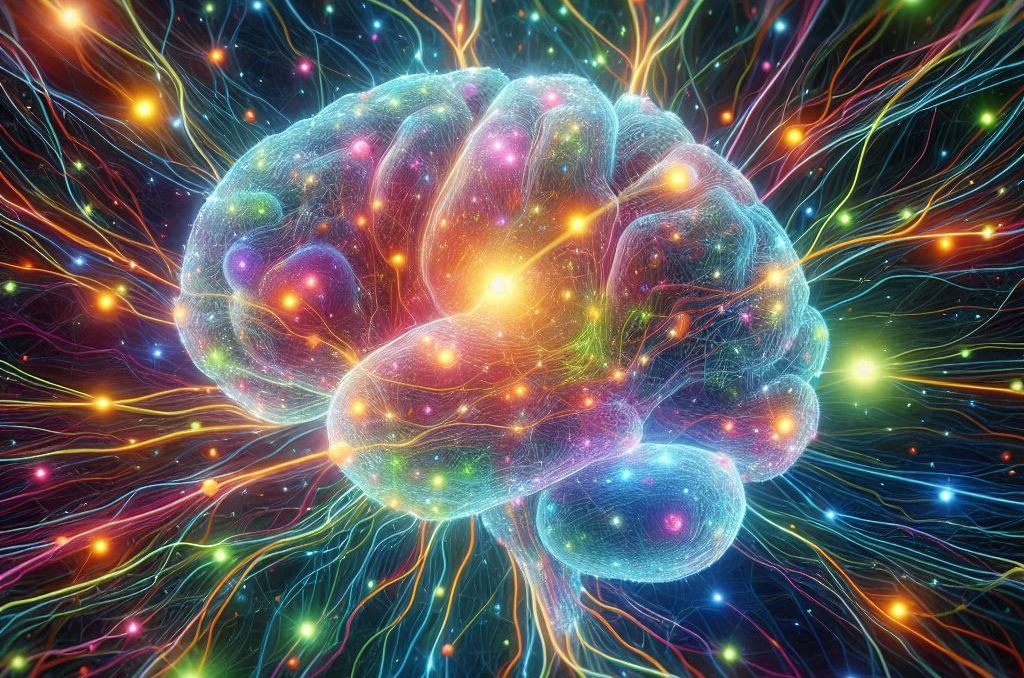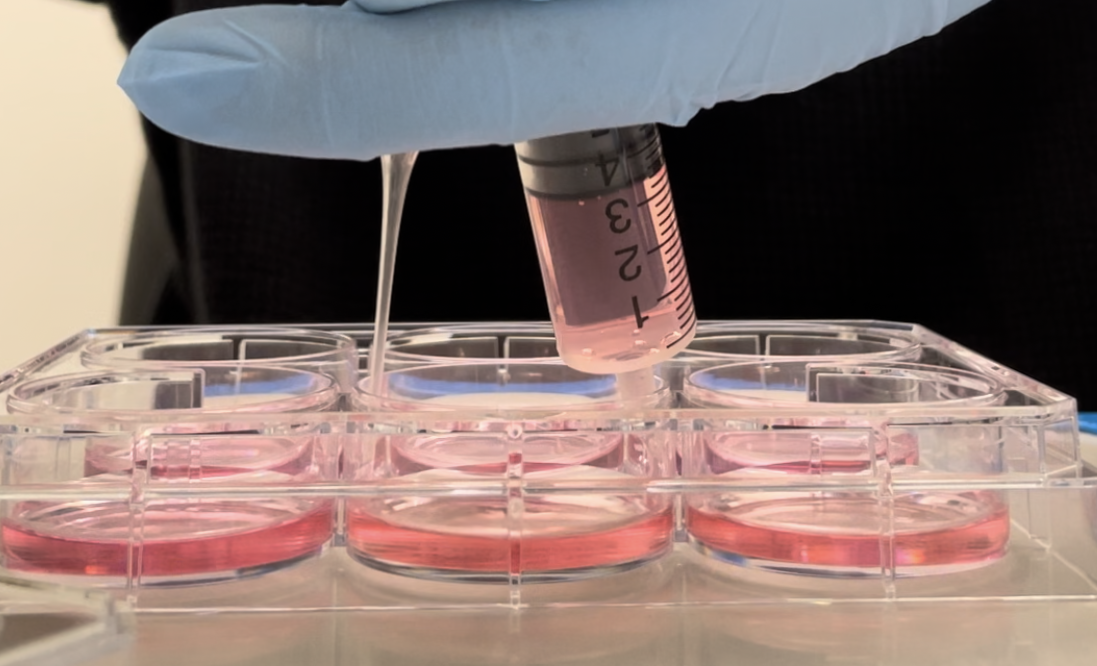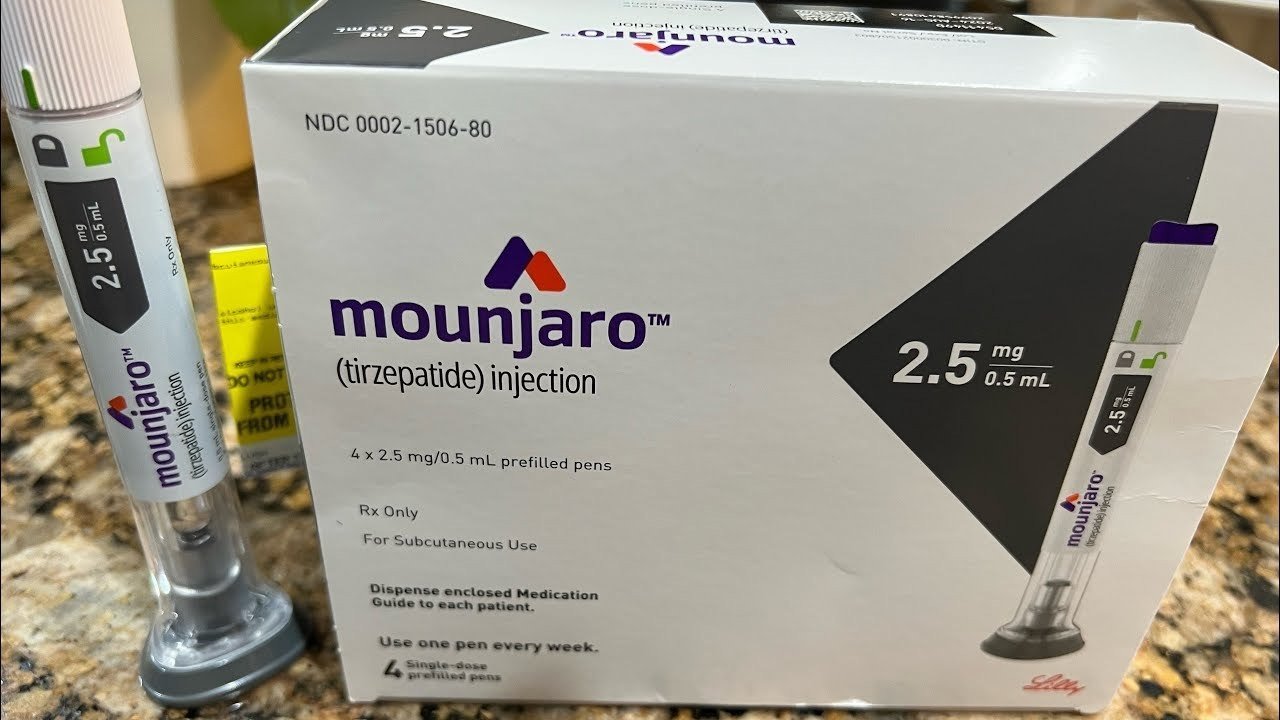Scientists find way to restore brain cells impaired by a rare genetic disorder
- EP News Service
- May 01, 2024

Scientists find way to restore brain cells impaired by Timothy syndrome
NEW DELHI: Scientists have found a way to restore brain cells impaired by a rare and life-threatening genetic disorder called Timothy syndrome. A type of drug known as an antisense oligonucleotide allowed clusters of human neurons to develop normally even though they carried the mutation responsible for Timothy syndrome, a team reports in the journal Nature.
he approach may help researchers develop treatments for other genetic conditions, including some that cause schizophrenia, epilepsy, ADHD, and autism spectrum disorder. "It's the beginning of a new era for many of these diseases that we first thought were untreatable," Dr. Huda Zoghbi, a professor at Baylor College of Medicine.
Timothy syndrome is caused by a mutation of a single gene in a person's DNA. The new drug develops an "antisense nucleotide, a small piece of synthetic genetic material that alters the proteins made by a cell," said NPR. The antisense nucleotide for Timothy syndrome was designed to replace a defective protein with a healthy version — "in effect counteracting the mutation responsible for the disorder." This same approach could potentially be used to treat other genetic disorders, "including some that cause schizophrenia, epilepsy, ADHD and autism spectrum disorder."
Timothy Syndrome has been diagnosed in fewer than 100 people worldwide. Children born with it often have heart problems, autism, epilepsy, developmental delay, and intellectual disability.










Reporter
Crisp, and to the point news coverage from India and around the world.
View Reporter News